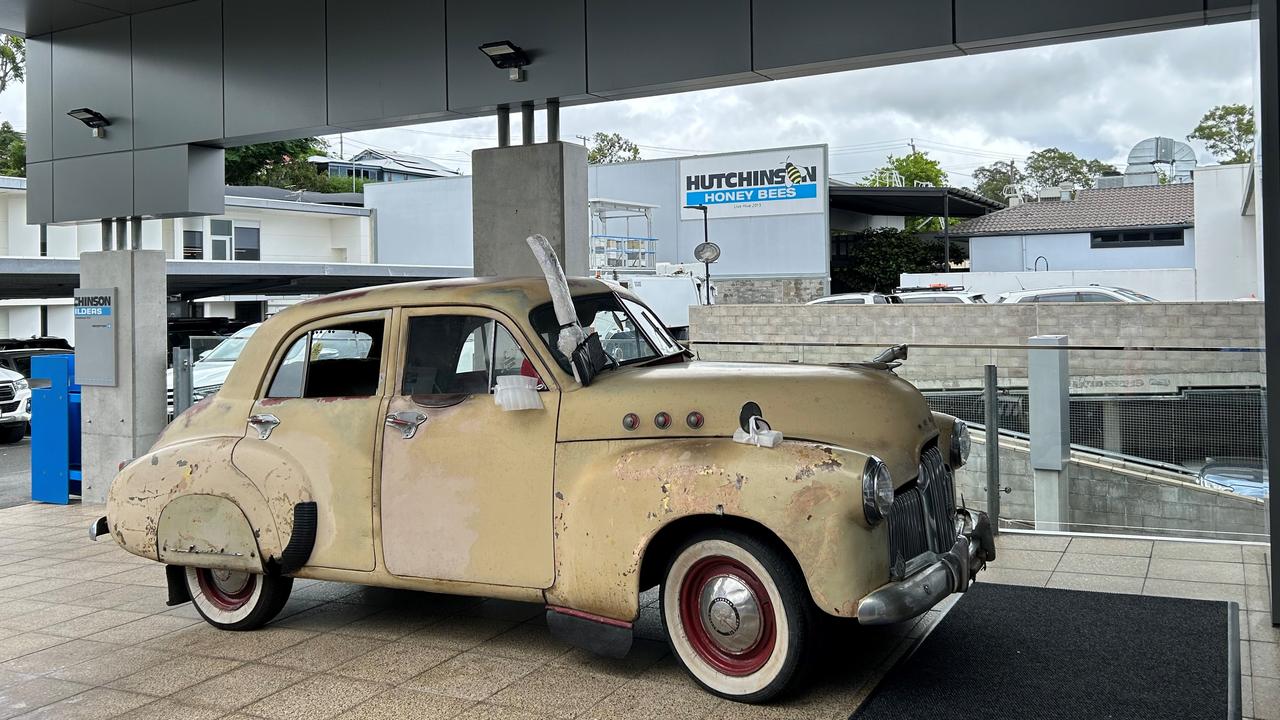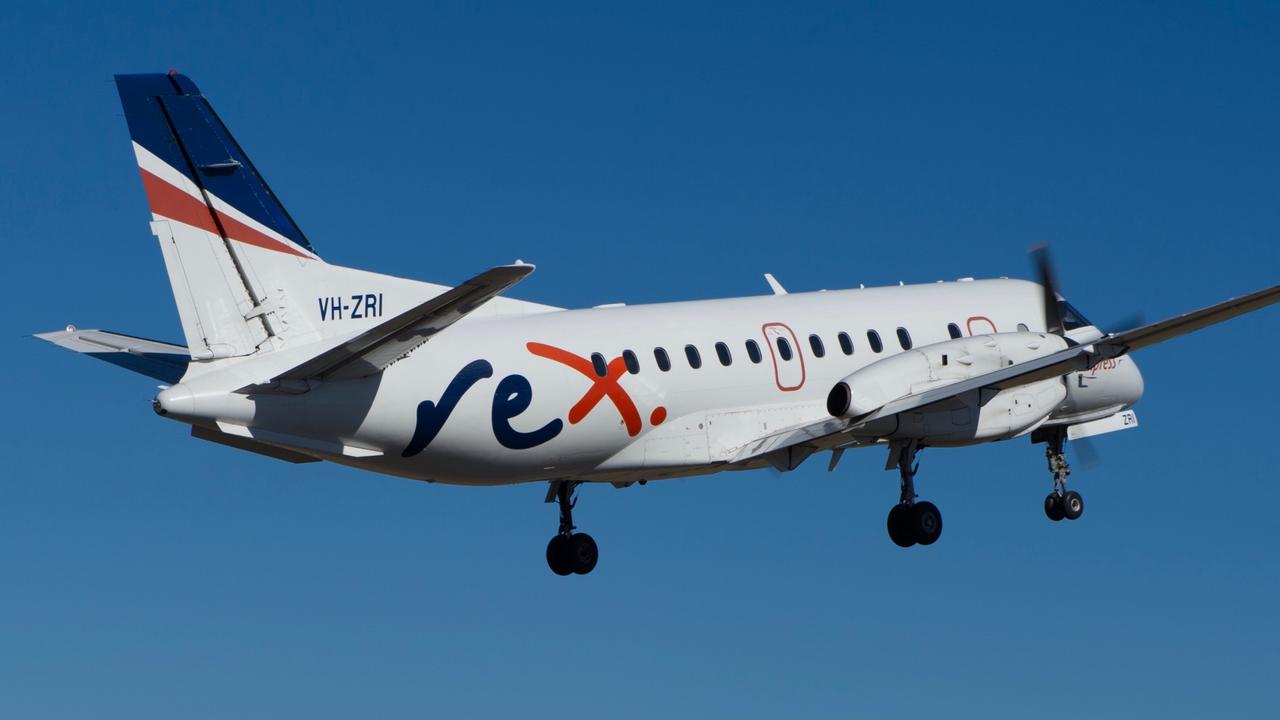Nvidia-powered computing firm Harrison.ai looks to expand to Europe, Middle East
A Sydney start-up has closed one of the year’s biggest capital raisings and hopes its rapid scan reading technology will now be rolled out here and the US, following success in the UK and Asia.
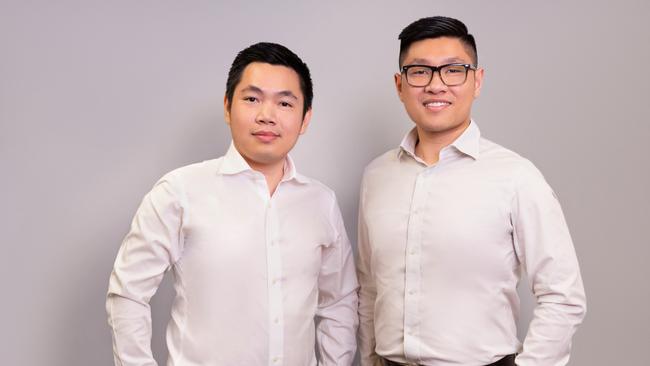
Business
Don't miss out on the headlines from Business. Followed categories will be added to My News.
A Sydney start-up .ai has completed one of the year’s biggest capital raisings as it seeks to take on the world with its technology that can help dramatically increase cancer survival rates and slash waiting times in hospital emergency departments.
Harrison.ai – backed by investors including Aware Super, Horizons Ventures and Blackbird Ventures – has completed a $179m Series C raising as the venture capital market begins roaring back to life after several subdued years.
Former emergency department physician Aengus Tran founded Harrison.ai with his brother Dimitry four years ago with the aim of harnessing artificial intelligence to provide a “second set of eyes” across a variety of pathology tests and other medical diagnostics.
The company’s Nvidia-powered computing cluster is in St Leonards, Sydney, and is looking to expand to Europe, Middle East and further into the US after a successful launch in the UK and Asia.
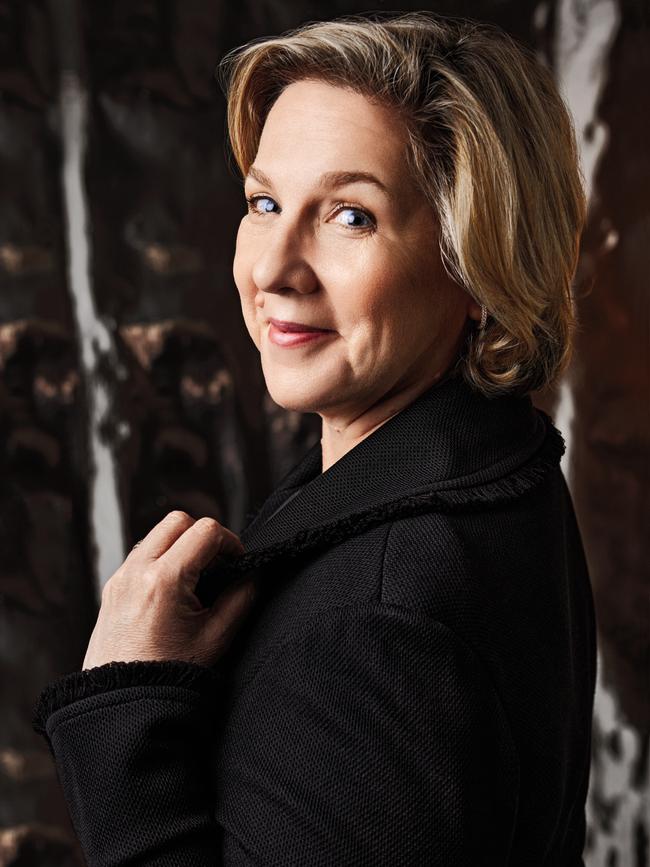
Harrison appointed Tesla chair Robyn Denholm to its board in 2023 and Dr Tran said its technology can save lives.
“In the data that we’re seeing, 32 per cent of lung cancer diagnosis would have been picked up by our AI sooner than the time it would have been diagnosed by up to 16 months – so over a year earlier than otherwise picked up by the current standard of care,” Dr Tran said.
“Now, if you look at the trajectory of lung cancer, that’s multiple stages of lung cancer, and we know that early diagnosis is resulting in much better treatment, outcome and cheaper cost of care as well because it is less complicated (to treat).
“So that’s what we are looking to do here, build a fleet of AI that can scale infinitely because it’s software and can run at arbitrary scale. At night or in the morning, in a rural region or in the city, providing patients and doctors with early and accurate diagnosis than that would not always receive.”
Harrison charges a fee per scan but Dr Tran says the return of investment benefits not only the hospital, but patients.
“The efficiency comes in two ways. Number one is the prioritisation and triaging of patients,” he said.
“So rather than waiting for six, seven hours with a broken bone until someone gets to the case to make that decision, it now happens within minutes of the scan being taken. There’s an acceleration of care for the patient who needs it most.
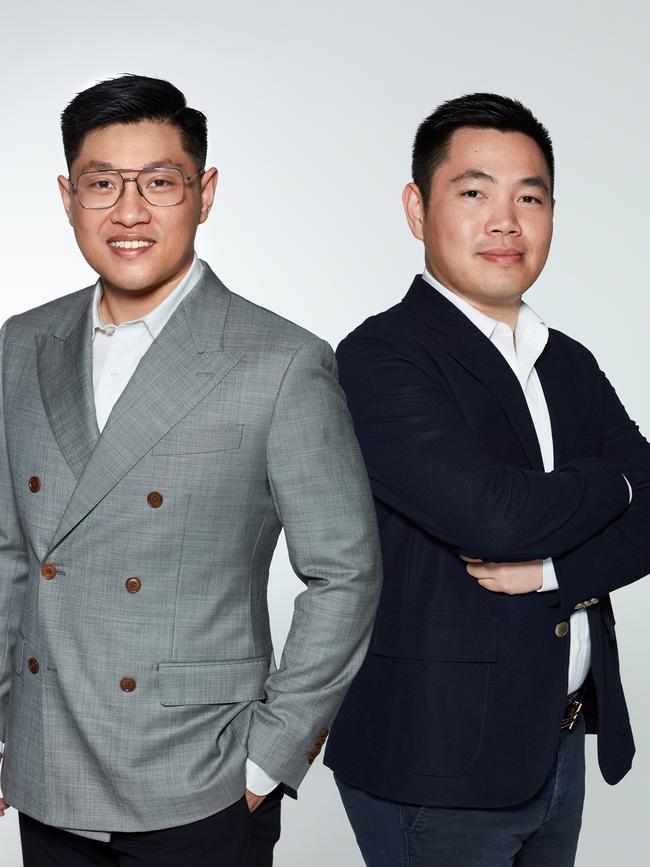
“The other way is by the time the radiologists get to look at the scan, having AI produce draft reports means that process goes faster as well. We are seeing in our data about 15 to 20 per cent efficiency at the reporting end.”
Harrison has experienced success in Asia, with 100 per cent of Hong Kong’s public hospitals using its technology and “significant numbers” of the National Health Service in the UK also adopting its AI, generating savings.
“If somebody shows up to emergency room with signs of pneumonia, and if that was misdiagnosed, or a delay in diagnosis has occurred, the patient could be deteriorating significantly and end up in ICU – intensive care unit – with much more expensive treatment care,” he said.
“It costs about $5,000 of public funding for one night in an ICU (bed) in hospital. So we’ve seen in our data that within a few weeks of going live, we could prevent multiples of these from occurring.”
But challenges remain in the Australian market and Dr Tran hopes the latest capital raise will change that.
“We are more adopted in public hospitals outside of Australia, despite being an Australian company. So part of this funding raise is my sincere hope that we can really accelerate usage of this tool in the public health system in Australia, so that the everyday Australian can truly benefit from this.”
Dr Tran also stressed that Harrison’s AI was ethical, with all of the data it is trained on anonymised.
“We’ll review everything you do and make sure that it’s in the best interest of the patient and follow ethical guidelines. We stay in compliance with the Australian Privacy Act, and we believe that our use of the data is fully consistent with what’s permissible by that act,” he said.
“We of course have multiple ways of deploying but in very simple terms, the patient has their scan done, like an X-ray or CT. Those images are then sent to our AI system, which can live on premise or on a private cloud – all anonymised and de-identified – and the AI, within a few seconds, will make a list of diagnoses which are then communicated to the treating physician and the radiologist.”
Aware Super, ECP and Horizons Ventures led the raise, with the federal government’s National Reconstruction Fund also tipping cash, joining existing investors including Blackbird Ventures and Alpha JWC Ventures.
Ord Minnett and Wollemi Capital Group also participated as new investors.
Aware Super portfolio manager of direct equities, Alvin Chan, said: “The ability to help fund the growth of Harrison.ai’s exciting proposition will not only seek to generate strong returns for our 1.1 million members but make incredible contributions to both the Australian and global healthcare communities”.
“Harrison.ai’s ability to harness the rapidly evolving opportunities out of digitisation and AI is remarkable and we look forward to supporting their long-term application to the healthcare sector,” Mr Chan said.
Originally published as Nvidia-powered computing firm Harrison.ai looks to expand to Europe, Middle East


